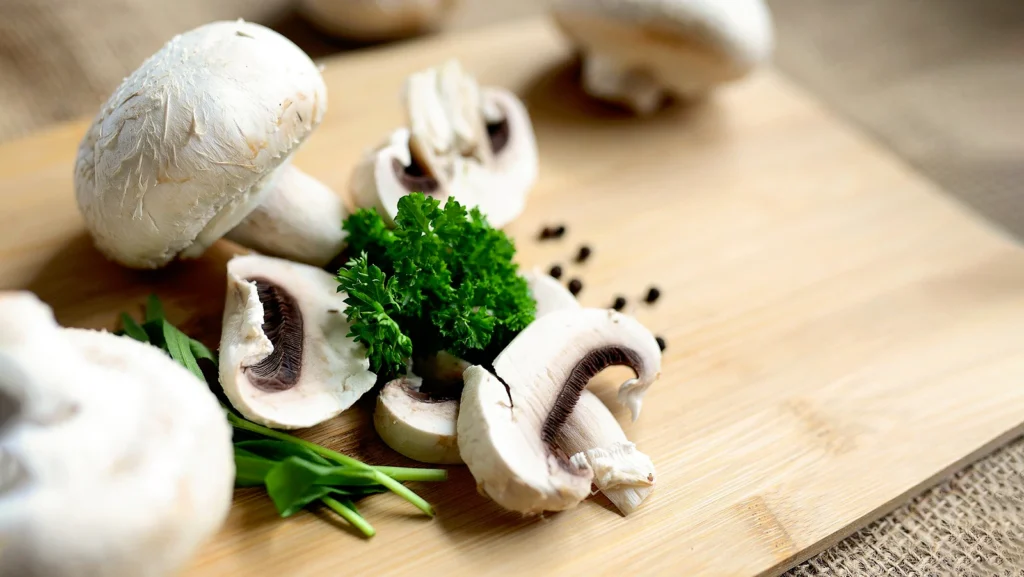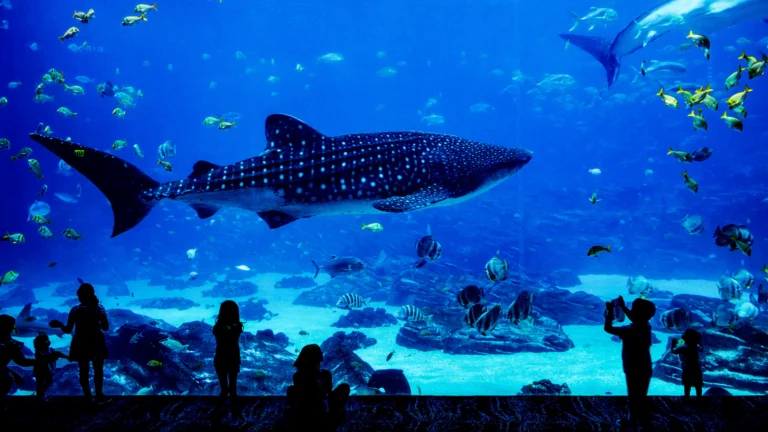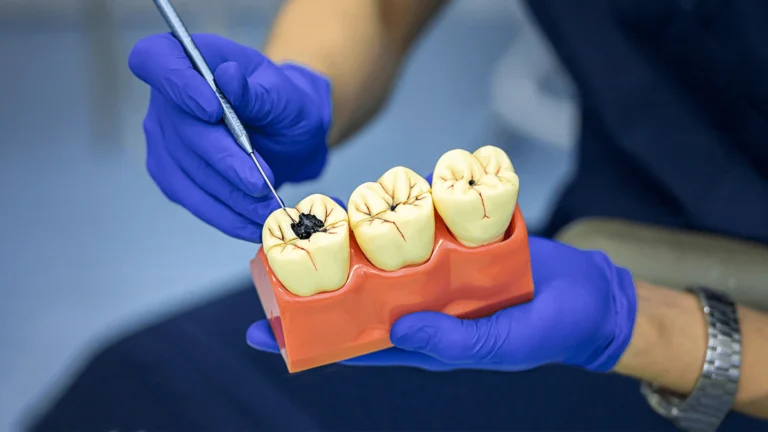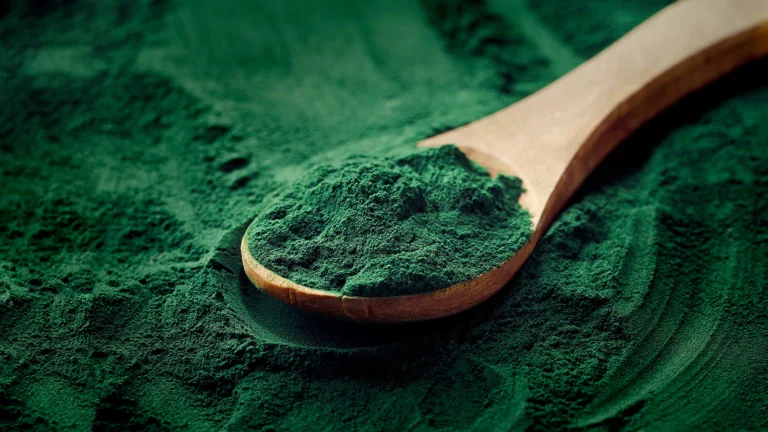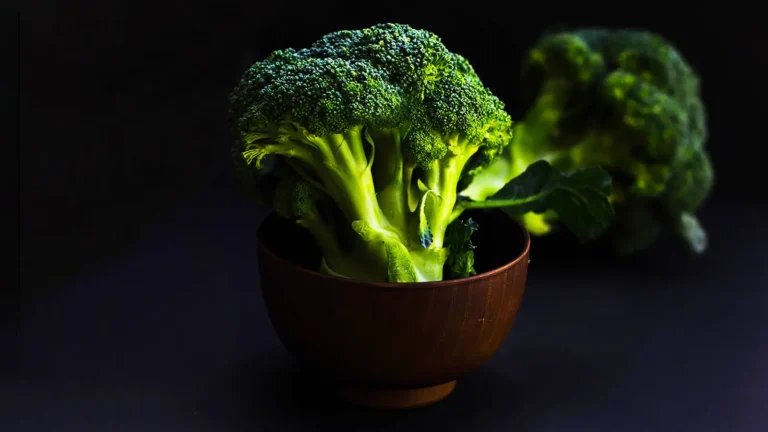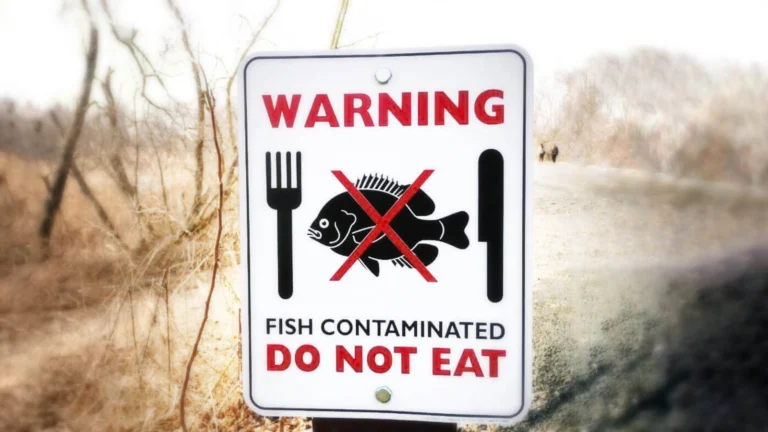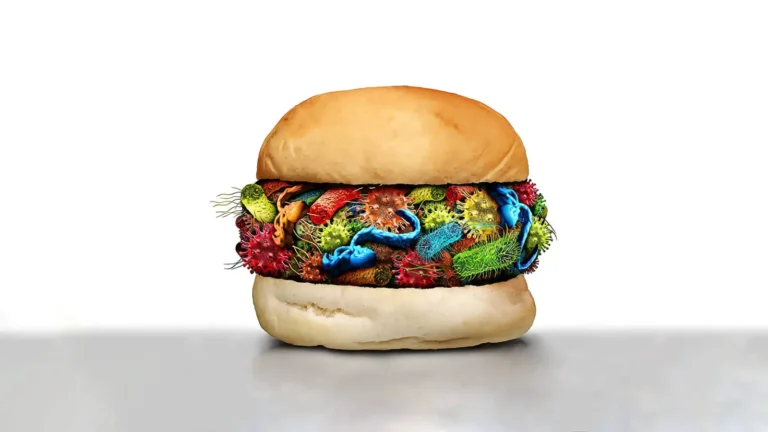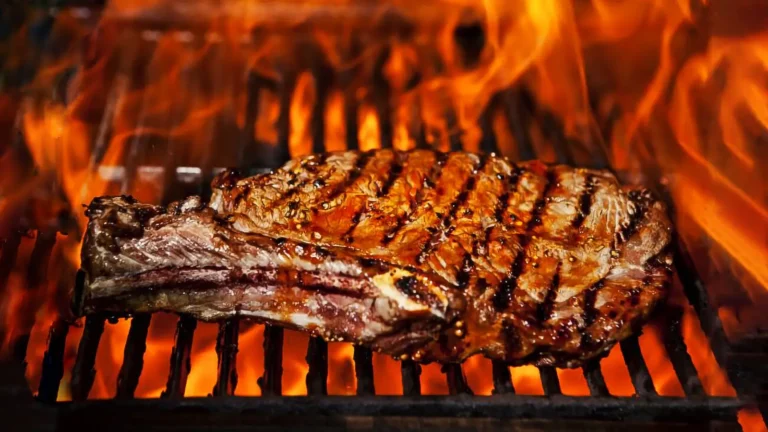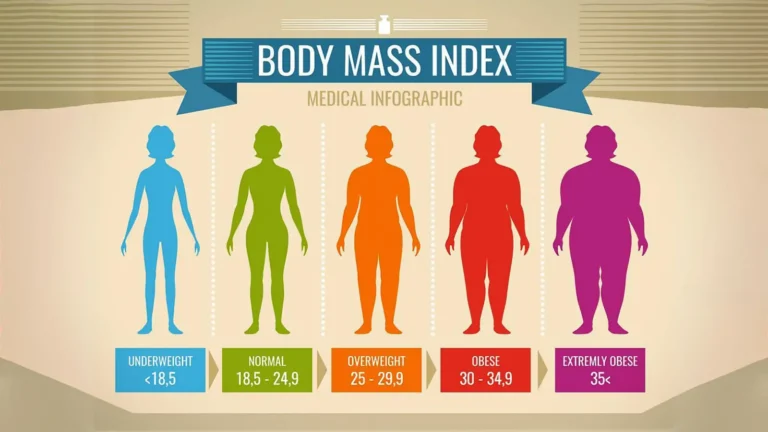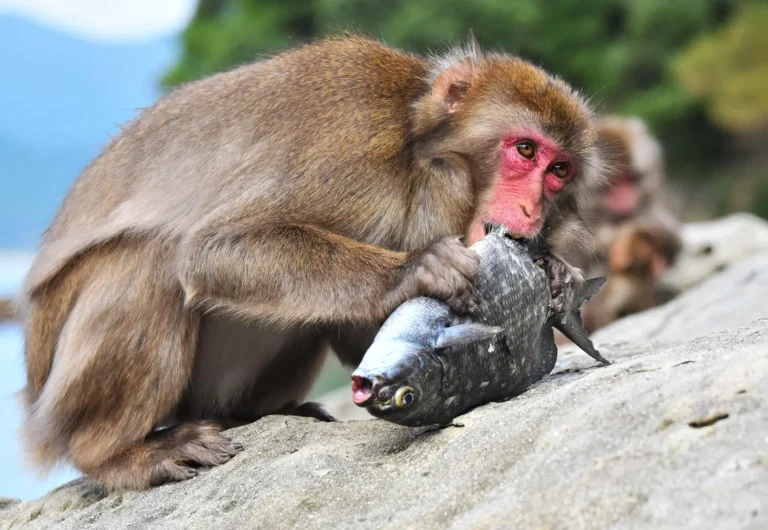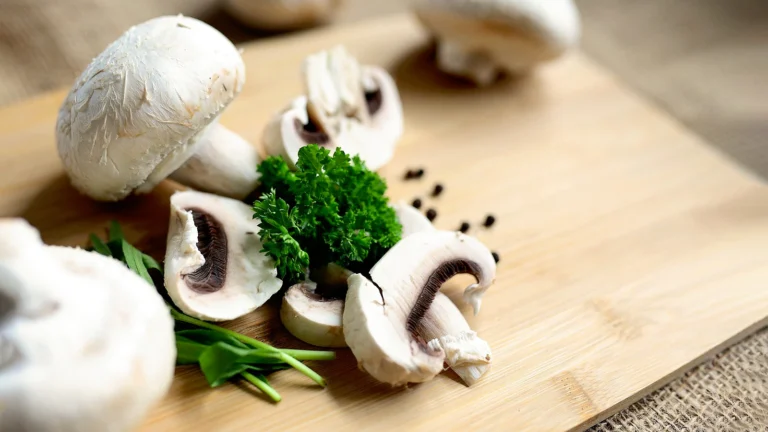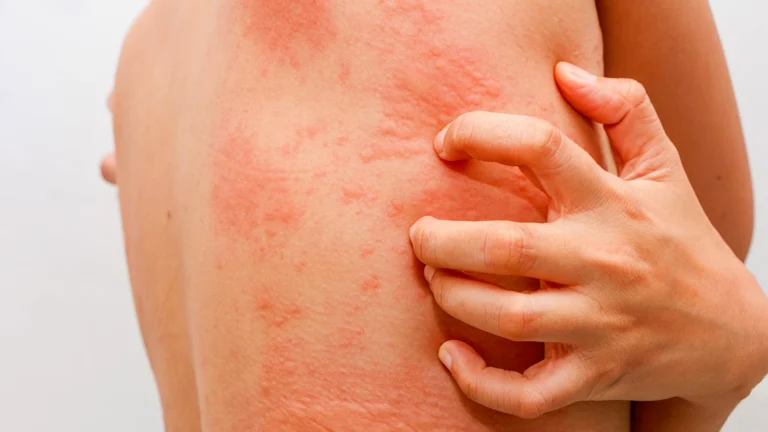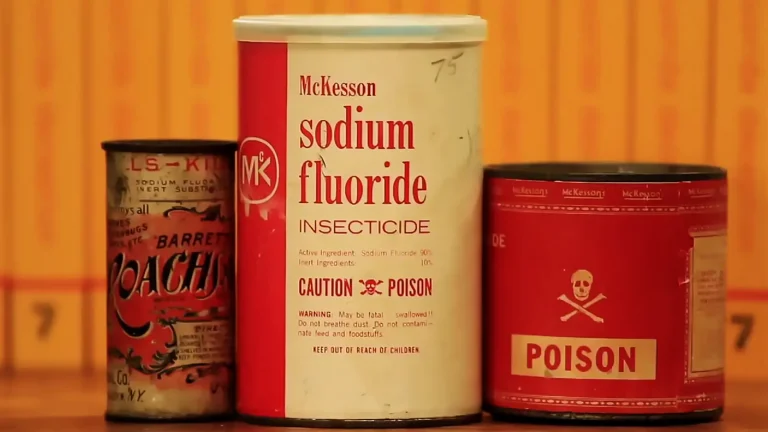About Us
The goal of GoVeganWay is to bring to you, and your doctor, the latest research in the field of nutritional science. The goal of GoVeganWay is to represent evidence-based health research in a way that is easy to understand so that we can all benefit from the available science.
Advertisement
Advertisement
Advertisement
Are Fish Animals? A Cultural Perspective
In some cultures, fish meat is not considered to be meat, and fish is allowed even during fast.
Homemade Natural Mouthwash: Proven, Stronger & Less Toxic
Homemade natural mouthwash is stronger than chlorhexidine, less toxic and if swallowed might give you some nausea but also a high burst in ORAC value.
How to Stop Tooth Decay: Symptoms, Causes & Prevention
Sugar consumption is the main cause of cavities and tooth decay, combined with mineral deficiencies especially magnesium, zinc, copper and trace elements.
Amla: Proven Benefits, Nutrition And Clinical Significance
Amla is one of the world’s most powerful antioxidants with a ORAC score of 261,530. It is a rich source of phytochemicals that have various health benefits.
Methylene Blue: Therapeutic Uses and Clinical Significance
Methylene Blue is a powerful synthetic antioxidant. It improves mitochondrial function and the ability of our cells to produce energy.
Chlorella Benefits: Plant-Based B12, Iron, Zinc & Detox
Chlorella is a vegan source of B12, iron and zinc, has strong chelation properties for heavy metals, boosts immune system, lowers cholesterol and anemia risk.
Random Posts
Most Read- All Time
Load More
How to Fast: Fasting Foods That Won’t Break Autophagy
Autophagy. Have you ever wondered what happens to the cells in your body when they die or get damaged? Do they just pile up and create problems, or do they get disposed of somehow? The answer is that your body…
Sweets Teeth Sensitivity & Pain: Quick Fix & Lasting Solution
A quick and easy fix for pain relief is clove essential oil, a powerful antioxidant and pain reliever that can help with gum disease and toothache.
Green Beans: Nutrition and Health Benefits
Green beans are low in calories and rich in natural compounds that can help you control your blood sugar, lower your cholesterol, and fight off free radicals.
Can You Eat Mushrooms Raw: Health Risks, Nutrition & Safety
Mushrooms have heat-sensitive toxins like hydrazine or agaritine, and cell walls made out of chitin that cannot be digested well by humans.
Are Fish Animals? A Cultural Perspective
In some cultures, fish meat is not considered to be meat, and fish is allowed even during fast.
Homemade Natural Mouthwash: Proven, Stronger & Less Toxic
Homemade natural mouthwash is stronger than chlorhexidine, less toxic and if swallowed might give you some nausea but also a high burst in ORAC value.
How to Stop Tooth Decay: Symptoms, Causes & Prevention
Sugar consumption is the main cause of cavities and tooth decay, combined with mineral deficiencies especially magnesium, zinc, copper and trace elements.
Amla: Proven Benefits, Nutrition And Clinical Significance
Amla is one of the world’s most powerful antioxidants with a ORAC score of 261,530. It is a rich source of phytochemicals that have various health benefits.
Methylene Blue: Therapeutic Uses and Clinical Significance
Methylene Blue is a powerful synthetic antioxidant. It improves mitochondrial function and the ability of our cells to produce energy.
Chlorella Benefits: Plant-Based B12, Iron, Zinc & Detox
Chlorella is a vegan source of B12, iron and zinc, has strong chelation properties for heavy metals, potential to lower cholesterol, reduce anemia, and boost the immune system.
Spirulina Benefits: Phycocyanin Rich Superfood
Spirulina has strong antioxidant, anticancer, antiviral, and immunomodulatory properties as ell as a capacity to combat obesity, diabetes, and cholesterol.
Low Histamine Diet and Histamine Intolerance: Complete Gide
One way to manage histamine intolerance is to follow a low histamine diet. This means avoiding foods that are high in histamine or that can trigger its release.
– Random Posts –
Arsenic exposure and meat consumption- The “Poison-Free” Poultry Act
In the US more than three-quarters of arsenic exposure comes from animal products and mostly from chicken than from beef, pork, hot dogs, eggs, and milk.
Diabetes causes and saturated fat- The vegan argument
As the level of fat in the bloodstream rises the ability of the body to clear sugar drops. One of the diabetes causes is our maladaptation to a large fat intake
How to Fast: Fasting Foods That Won’t Break Autophagy
Autophagy. Have you ever wondered what happens to the cells in your body when they die or get damaged? Do they just pile up and create problems, or do they get disposed of somehow? The answer is that your body…
Excitotoxicity of MSG (Monosodium glutamate)-Scientific Review
The most significant finding in the whole history of the food industry is one particular branch of neurotoxins that are called excitotoxins.
Water fluoridation- Scientific review
Fluoride inactivates 62 enzymes in the body, inactivates DNA and RNA repair enzymes activity, it is mutagenic, causes DNA damage, increases cancers and all other diseases correlated with mutations, disrupts the immune system.
Mercury- Neurotoxin from the fish
Mercury is an industrial toxin and the most neurotoxic substance known. Plankton will absorbe it from seawater and initiate bioaccumulation in the food chain.




